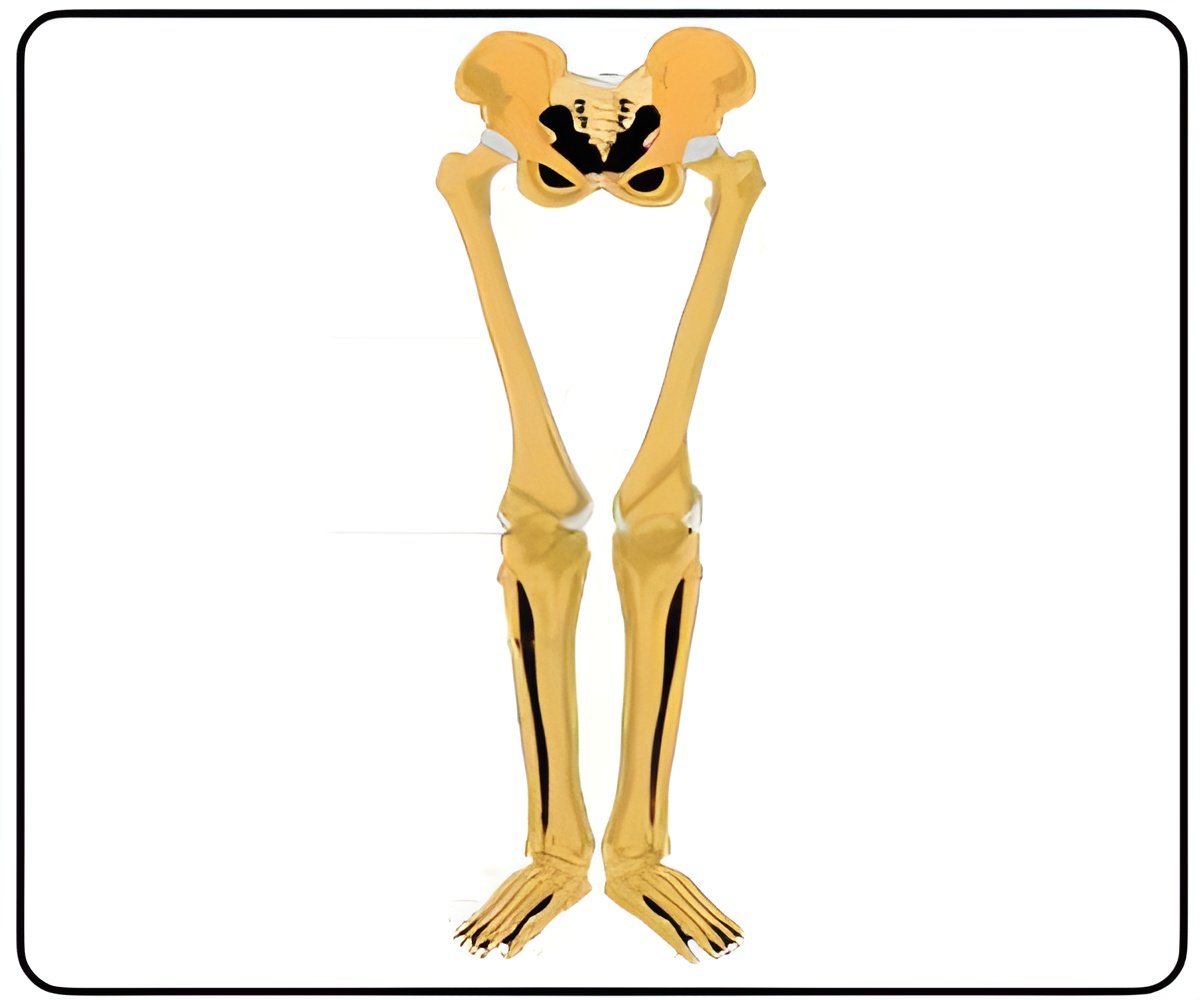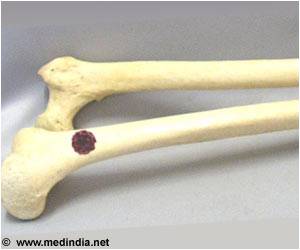
The team achieved many advances in the development of semiconductor and biological materials. One advance was the demonstration, by strictly chemical means, of three-dimensional lithography.
The team developed a pressure modulation synthesis, to promote the growth of silicon nanowires and to induce gold-based patterns in the silicon. Gold acts as silicon’s growth catalyst.
By repeatedly increasing and decreasing the pressure on their samples, the researchers were able to control the gold’s precipitation and diffusion along the silicon’s faceted surfaces.
"The idea of utilizing deposition-diffusion cycles can be applied to synthesizing more complex 3-D semiconductors," said co-lead author Yuanwen Jiang, a Seymour Goodman Fellow in chemistry at University of Chicago.
The synthetic silicon spicules displayed stronger interactions with collagen fibers - a skin-like stand-in for biological tissue - than did currently available silicon structures.
Advertisement
Source-Medindia









